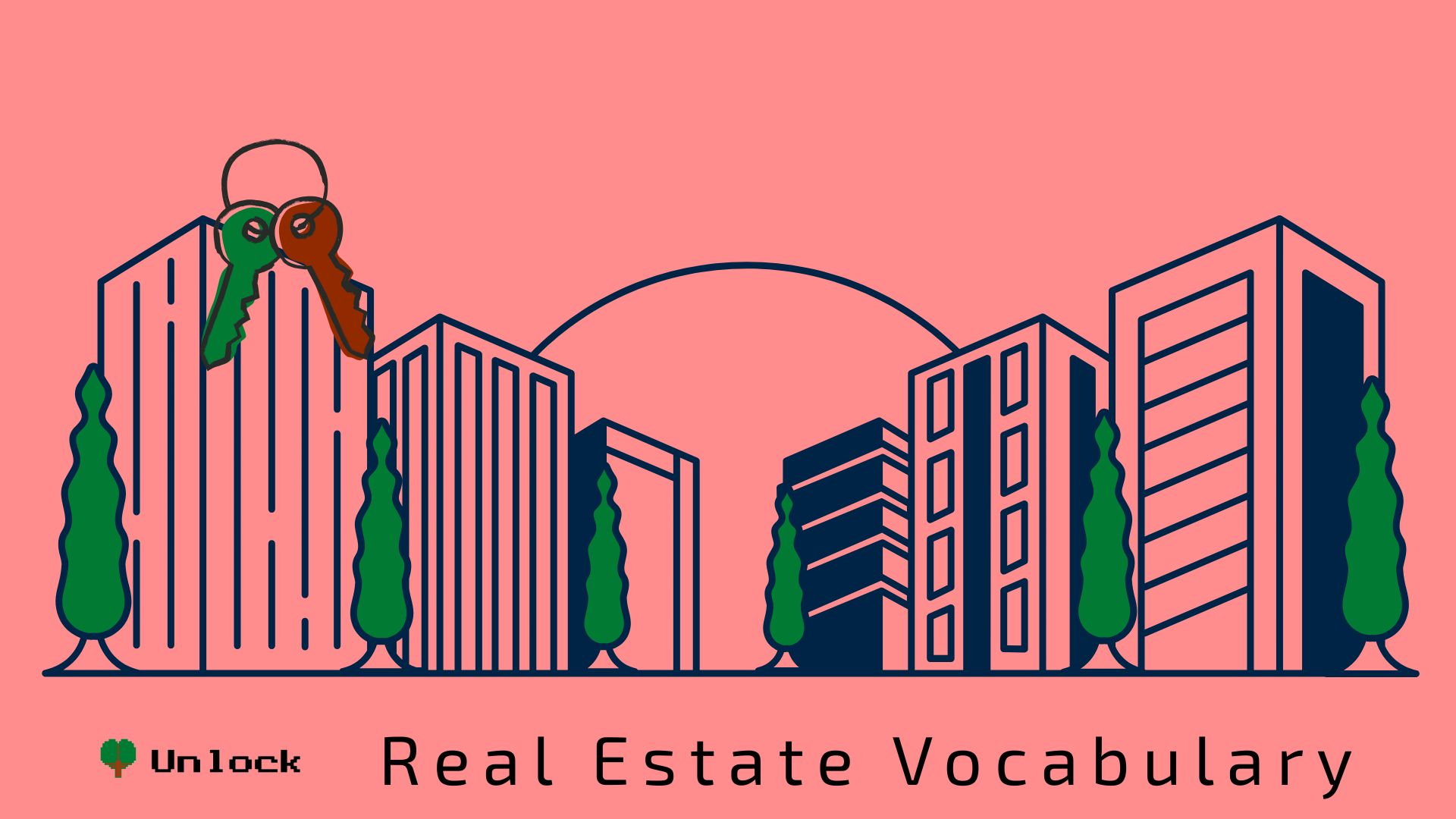
Limiting beliefs and how to identify them
A limiting belief is a state of mind or belief about oneself that restricts an individual in some way. These beliefs are often false and can lead to negative outcomes. They can be subconscious and may prevent a person from reaching their full potential. Limiting beliefs are formed based on past-experiences, fear, and self-doubt, and they can shape our entire reality.
I studied in public school my entire life. When I was at university, I studied at a private university and had the money to do so. But it was very difficult, because I needed to work and study. My mother's house was very far away, and I spent almost six hours on the way to work, college and back home. Testimonial by Q&A Engineer - Carol Artilheiro
Some Limiting beliefs that could have stopped Carol
- I’m not good enough to do this.
- I don’t have enough time.
- I’m not smart enough.
- I’m not talented enough.
- I don’t have enough money.
Other limiting beliefs that can prevent us from achieving our dreams
- I’m too old or too young.
- I don’t have enough experience.
- I’ll never be successful.
- I’ll never be one of the best.
- I’ll never be a great leader.
Questioning oneself is an effective way to identify and overcome limiting beliefs.
Overcoming limiting beliefs involves identifying them, challenging their accuracy, and replacing them with more empowering beliefs. Strategies to overcome limiting beliefs include critical thinking about one's values, developing senses, and imagining best-case scenarios.
The power of beliefs
Beliefs shape our reality in several ways:
- Influence on behaviour: Beliefs can shape our actions and decisions, affecting how we interact with the world around us. For example, if someone believes in their abilities, they are more likely to pursue their goals and overcome challenges;
- Predictability and consistency: Beliefs provide a stable environment for living, giving us a sense of predictability and consistency. This helps us navigate life more effectively;
- Perception of reality: Beliefs can influence how we perceive reality, shaping our world-view and affecting our emotions. For instance, if someone believes in the power of self-efficacy, they may have a more positive outlook on life and experience less stress;
- Self-fulfilling prophecies: Beliefs can become self-fulfilling prophecies, as we tend to attract situations that align with our beliefs. For example, if someone believes in the law of attraction, they may attract opportunities that support their beliefs;
- Impact on others: Beliefs can also affect the people around us, as they respond to our expectations and attitudes. For instance, if someone believes in their abilities, they may inspire others to pursue their goals as well.
It is essential to be aware of our beliefs and their impact on our reality, as they can shape our experiences and outcomes in various ways. By questioning our beliefs and challenging their accuracy, we can develop more empowering beliefs that lead to a more fulfilling and successful life
How to overcome limiting beliefs
- Identify and write your beliefs down
- Assess the accuracy
- Reframe
- Don't give up
Plato - Allegory of the cave
In the allegory "The Cave", Plato describes a group of people who have lived chained to the wall of a cave all their lives, facing a blank wall. The people watch shadows projected on the wall from objects passing in front of a fire behind them and give names to these shadows. The shadows are the prisoners' reality, but are not accurate representations of the real world. The shadows represent the fragment of reality that we can normally perceive through our senses, while the objects under the sun represent the true forms of objects that we can only perceive through reason.
Plato's Allegory of the Cave shows how characters can free themselves from intellectual darkness through enlightenment and the bravery to experiment with new ideas. All rights reserved. Once they escape the Cave, the freed prisoner is initially angry and upset because their eyes burn in the overwhelming sunlight.
In short, limiting beliefs...
...Stand between where we are, where we would like to be, or simply prevent us from evolving. Limiting beliefs are like walls in our path and in the worst case, invisible walls. Some changes can be very difficult, sometimes the "walls" are incredibly difficult to overcome, the path that guides us from where we are to the place we dream of is sometimes really challenging, though they may seem impossible, there is nothing more satisfying than that being able to try, and perhaps achieve, happiness is not the ultimate goal, but rather the search for happiness.
.png)






.jpg)